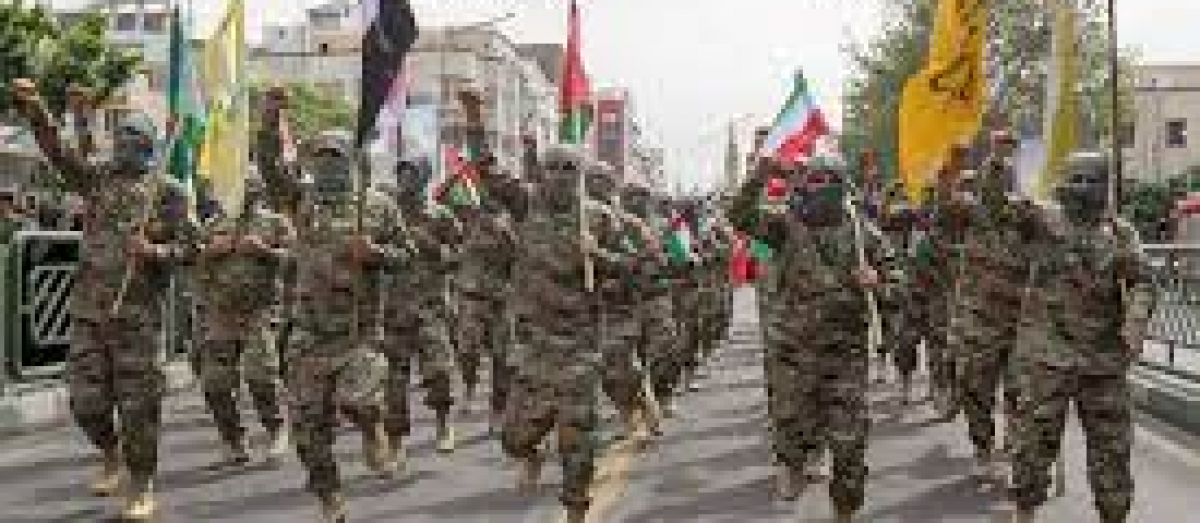Allies:
- Arab League Countries:
- Palestine receives support from several Arab League countries, including Jordan, Egypt, and others, based on shared cultural ties, historical solidarity, and common interests in the Israeli-Palestinian conflict.
- These countries provide political, economic, and diplomatic support to the Palestinian cause, advocating for Palestinian rights and statehood on the international stage.
- Arab League countries often provide financial aid to the Palestinian Authority (PA) and contribute to development projects in the Palestinian territories.
- Iran:
- Iran supports Palestine, particularly the Hamas movement in Gaza, as part of its broader anti-Israeli and anti-Western foreign policy objectives.
- Iran provides financial, military, and political support to Hamas, including weapons, training, and funding for its military activities against Israel.
- Iran’s support for Palestine is driven by ideological and strategic considerations, including its opposition to Israel’s existence and its desire to exert influence in the Middle East.
Enemies:
Israel:
- Palestine’s primary adversary is Israel, with whom it has been in conflict for decades over issues like land, borders, security, and the rights of Palestinians.
- The Israeli-Palestinian conflict has led to multiple wars, military confrontations, and ongoing violence, resulting in casualties, displacement, and humanitarian crises on both sides.
- Israel’s occupation of Palestinian territories, construction of settlements, and blockade of Gaza have been major points of contention and sources of tension in the conflict.
United States:
- The United States has historically been a strong ally of Israel and has supported its policies and actions in the Israeli-Palestinian conflict.
- The U.S. provides significant military, economic, and diplomatic support to Israel, including aid packages, weapons sales, and diplomatic protection at international forums.
- Palestinian leaders have criticized the United States for its perceived bias towards Israel and its failure to advance a fair and balanced peace process. The U.S. recognition of Jerusalem as Israel’s capital and its relocation of the embassy to Jerusalem were particularly contentious decisions that drew condemnation from Palestinians.
Some Gulf States:
- Some Gulf states, particularly Saudi Arabia, the United Arab Emirates (UAE), and Bahrain, have pursued normalization agreements and closer ties with Israel in recent years, breaking with traditional Arab solidarity with Palestine.
- These Gulf states view Israel as a potential partner in countering Iranian influence and addressing common security threats in the region, including terrorism and extremism.
- The normalization agreements between Israel and some Gulf states have been met with criticism and condemnation from Palestinian leaders and grassroots movements, who view them as a betrayal of the Palestinian cause and a setback for the prospects of a comprehensive peace agreement.

